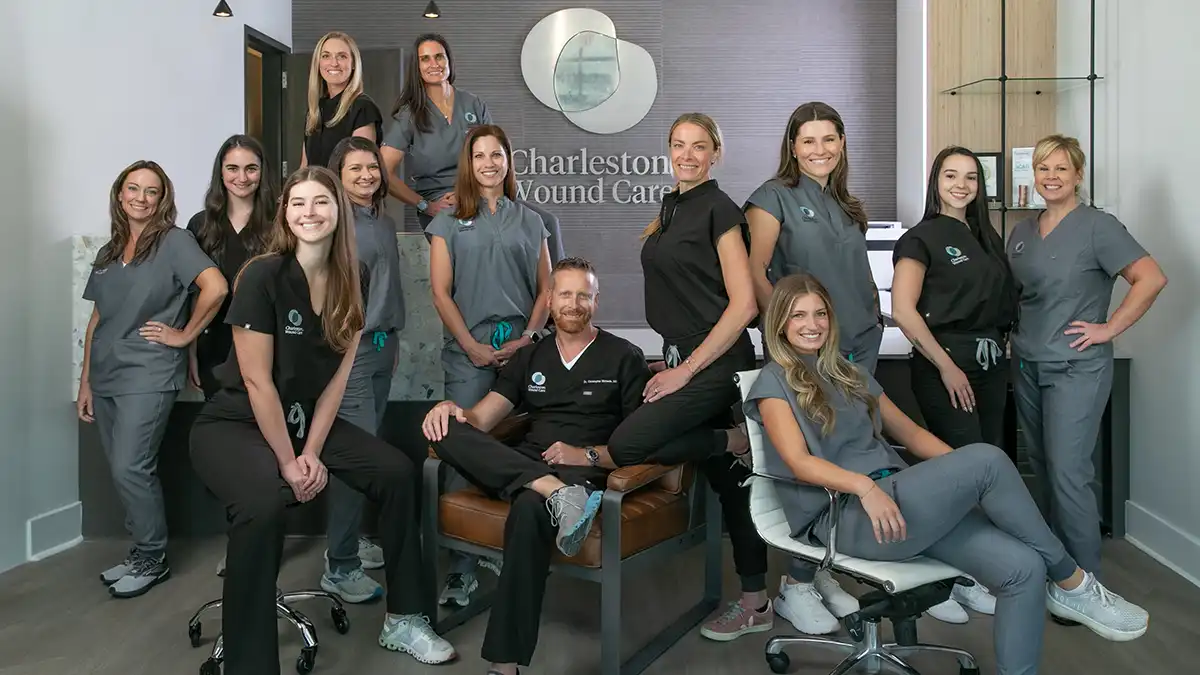For many adults, the very mention of the word incontinence is cause for embarrassment. The inability to control one’s bladder or bowel function rarely pops up in everyday conversation, and even the trusted family doctor may not be privy to this frustrating, lifestyle-impacting problem. It is estimated that 25% to 33% of American adults struggle with urinary incontinence, and as many as 18% deal with encopresis, or bowel incontinence.
Women are twice as likely to have these conditions because of damage done to their pelvic floor and sphincter muscles during the pregnancy or birthing of their children. Other causes can include prostate problems in men, some medications, abdominal surgeries such as cesarean sections, poor overall health, smoking, diabetes, stroke, hypertension, sitting for long periods of time and obesity.
The good news is that, in addition to the multiple possible causes, there are also a variety of successful treatments, varying in levels of cost, invasiveness and effectiveness. Lifestyle changes, medications and surgery are typical options, but there is another perhaps less well-known choice. For incontinence related to pelvic floor dysfunction, physical therapy treatment can be an alternative that is not only affordable and noninvasive but also highly effective in a relatively short amount of time.
Rebecca Grider, PT, is the clinical manager and physical therapist at the Carnes Crossroad clinic in Summerville, one of the many CORA physical and occupational therapy health centers scattered across South Carolina and elsewhere. Grider becomes passionate when she refutes the idea that incontinence is “just something older people have to endure.”
“When we teach people how to correctly do pelvic floor exercises – also known as kegels – many see great improvements within a month. Most of our people come in for other primary complaints such as back, hip or neck pain, but when we bring up incontinence, our older patients admit it’s a real problem, too. Often, had they not been embarrassed to mention this issue to their family doctor, they could have been referred earlier,” she explained.
When urinary and fecal incontinence is caused by pelvic floor dysfunction, the muscles that stretch like a sling from the pubic bone to the coccyx – the tailbone – have become weakened or damaged. They no longer effectively hold in place the bladder, bowel and, in women, the uterus and vagina. The sphincters, which are muscular bands that surround the urethra, the vagina and the anus, may also be affected as they pass through the pelvic floor.
Pelvic floor therapy is designed to rewire both the brain and the muscles for better coordination of these key muscle groups through nonsurgical intervention. Relearning normal relaxing and contracting can restore healthy bladder and bowel functions. In addition to kegel exercises and biofeedback, other approaches include manual therapy with soft tissue mobilization, bladder training to manage overwhelming urges to urinate and electric tibial nerve stimulation. Self-referral is accepted at many physical therapy clinics.
“I really want people to feel comfortable,” Grider stressed as she discussed helping her patients overcome this embarrassing issue. “I want them to learn the correct way to do exercises in the privacy of their home to strengthen these muscles that are interfering with everyday situations and keeping them home instead of going out to enjoy themselves. I don’t need to do internal exams or procedures. Biofeedback or neuromuscular re-educational stimulators can be used either internally or externally to help them isolate the correct muscle groups to exercise. Once that is accomplished, repeating those quick exercises three times weekly should make a huge difference. Continuing to do them regularly becomes a healthy maintenance habit.”
Incontinence does not need to limit your lifestyle; affordable, effective assistance is available. For more information, call CORA Physical Therapy at 843-507-8190, or visit coraphysicaltherapy.com.
By Janet E. Perrigo






